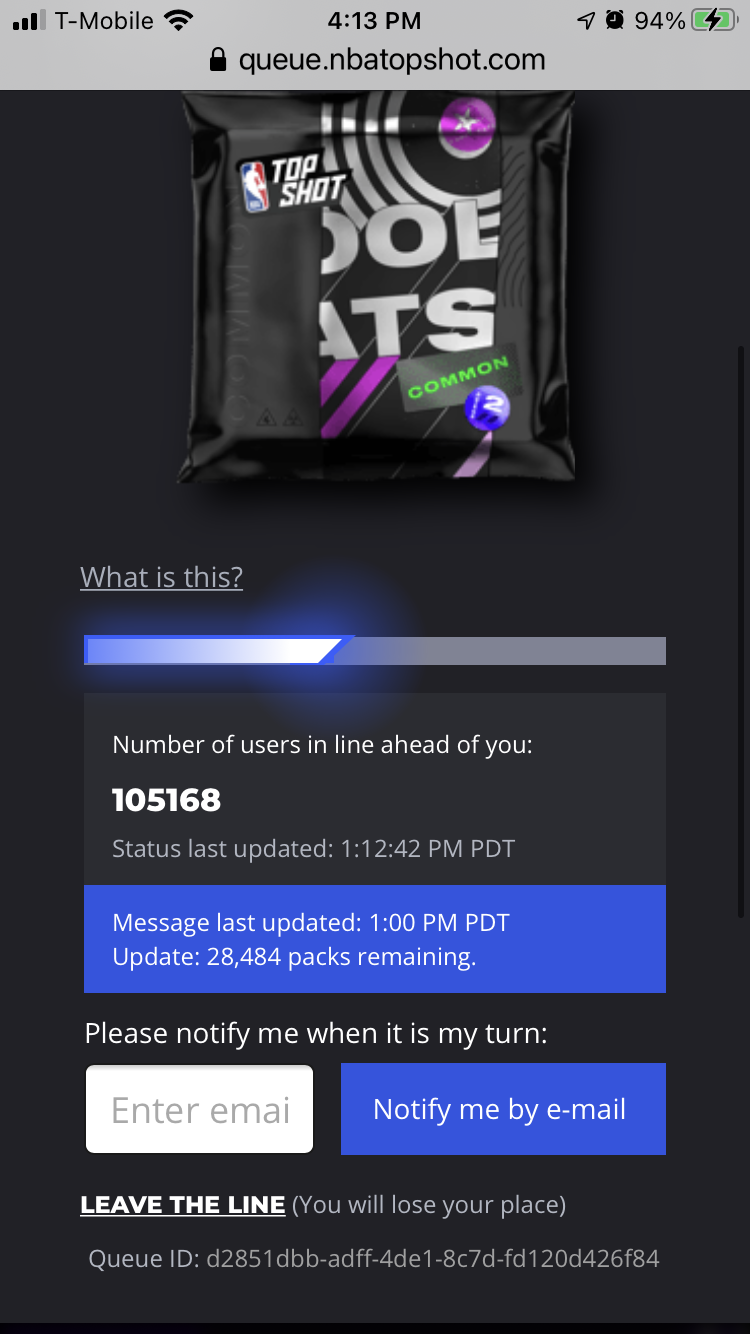The cryptocurrency thread was started back in 2017 and a lot has changed since then. I've poured myself into the space over the last year or so and have learned a lot along the way.
Ultimately, there is Bitcoin and there is noise. And no, it's not too late to buy in. It will never be too late, even when it hits $1m+ per.
If you're looking to get into crypto, the simple strategy is to buy bitcoin and hold it. That's it. The easiest way to do this is through dollar cost averaging (DCA) by buying a little bit every day/week/month, not just trying to time the dips. If you're feeling frisky, you then buy more outside of your DCA on the dips.
I'm more than happy to talk with anyone curious to learn more. There is a lot of FUD (fear/uncertainty/doubt) out there and it can be hard for newcomers to wade through everything. If you have a genuine curiosity I am more than happy to answer questions. I have a list of books I can recommend as well for deeper dives into the technology and economics of it.
I am not interested in wasting my time trying to change your mind if you're adamant it's a bubble/ponzi/whatever. Feel free to disagree with everything I've said above and call me crazy, but I'm not likely to engage with you seriously in the thread. I understand I may be talking to myself in this thread, and that's fine as well.
